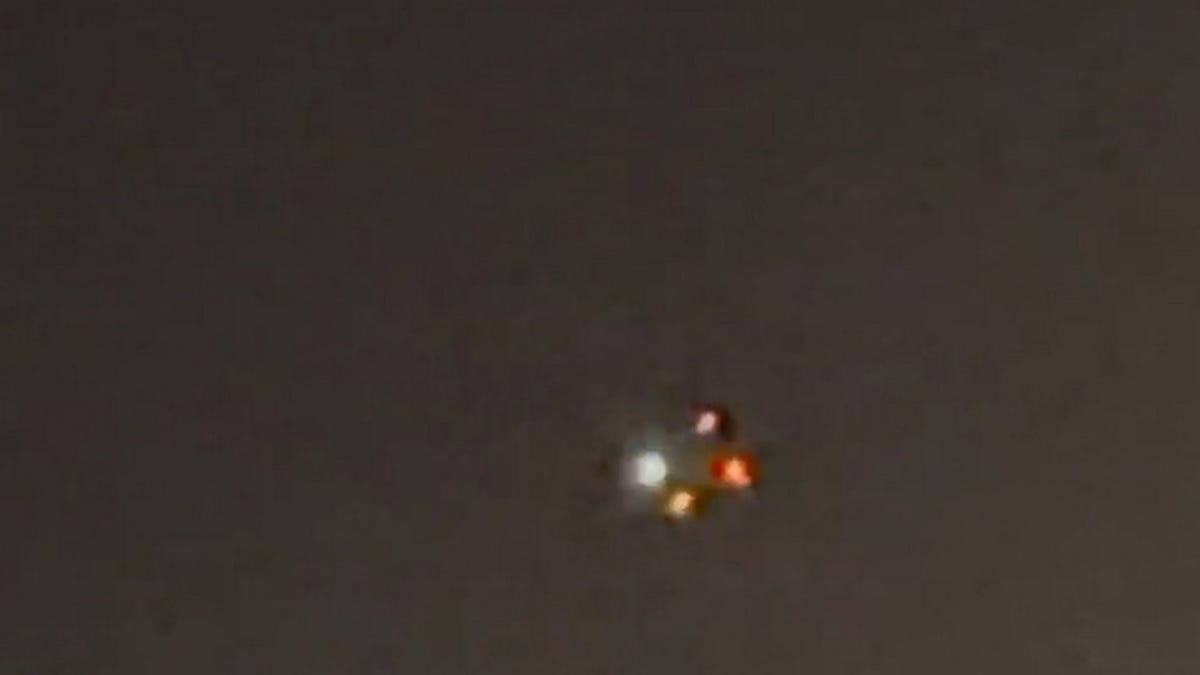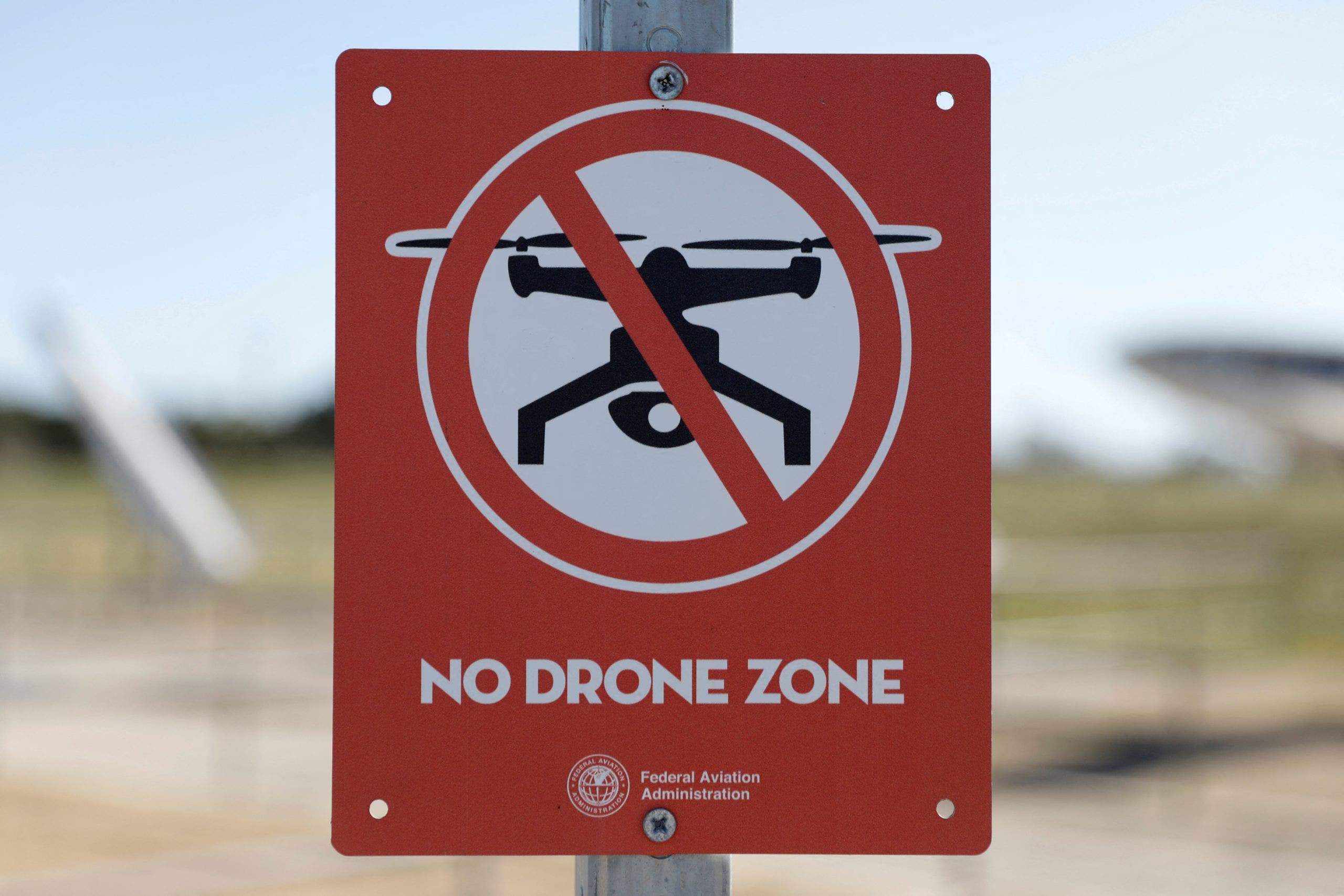The Federal Aviation Administration issued more restrictions on drone flights across the Northeast on Friday in response to increased sightings in recent weeks.
One day after announcing temporary restrictions on most drone flights in New Jersey, the FAA issued 27 No-Fly Zone notices for “special security reasons” in New York on Friday.
The restrictions last through Jan. 18, 2025, and apply to some of the most populated areas in the Empire State, including nearly every NYC borough.
FAA ANNOUNCES TEMPORARY RESTRICTIONS ON DRONE FLIGHTS IN NEW JERSEY FOLLOWING INFLUX OF SIGHTINGS
There are a few exceptions to the restrictions, including those using drones in support of national defense, homeland security, law enforcement, firefighting and rescue services, or disaster response.
A map shows Federal Aviation Administration drone flight restrictions in New York and New Jersey, as of Dec. 20, 2024. (Fox News)
Commercial drones may also be used within restricted airspace with a valid statement of work.
Those who meet the aforementioned categories must also have an approved Special Government Interest waiver, which is an emergency authorization from the FAA that allows operations in restricted airspace for a specific purpose, according to the agency.

The Federal Aviation Administration has issued temporary restrictions on drone flights in 27 areas of New York in response to the influx of reported sightings in recent weeks. (REUTERS/Chris Helgren/File Photo)
All other federal aviation regulations must also be followed.
The notices come after more than a month of alleged drone sightings – many in New Jersey on a nightly basis – across the mid-Atlantic region, prompting bipartisan concerns from citizens and lawmakers.
An ongoing joint investigation by the FBI, FAA, Department of Homeland Security and the Department of Defense revealed that nearly 5,000 reports of alleged drone sightings have been made in “the last few weeks,” but only 100 of them generated leads.

A drone is seen flying over Ridge, New York, on Dec. 12, 2024. (Grant Parpan/Newsday RM via Getty Images)
Though the agencies said on Monday they have found no risk during their investigation thus far, they have urged Congress to enact legislation that would “extend and expand existing counter-drone authorities to identify and mitigate any threat that may emerge.”
CLICK HERE TO GET THE FOX NEWS APP
As of early Friday morning, no other states have issued such notices amid the influx of reported sightings across the Northeast, according to the FAA website.

